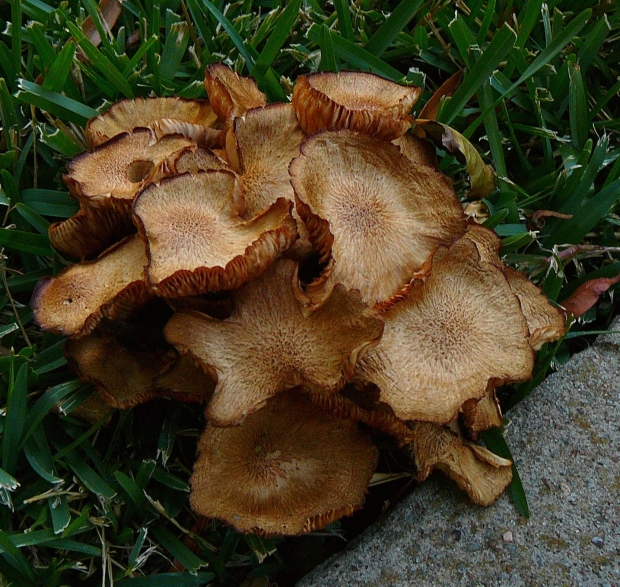Hearing the word mold immediately brings about the connotation of something bad and unhealthy. Mold is a category of fungi that can be found both indoors and outdoors. Usually mold is either associated with old food or moisture in homes. It tends to grow in areas that are warm, damp, and humid, and reproduce and spread by making spores. Common areas mold can be found include bathroom tiles, basement walls, and areas around windows. Events that can cause mold to grow include roof leaks, flooding, heavy rains, and leaks in plumbing fixtures. Mold can be harmless for some, but can cause health problems for those more sensitive to mold.
Exposure to mold either through ingestion or in a closed environment can be potentially dangerous to individuals. For some, exposure to mold can cause no symptoms. For an unfortunate some who are sensitive to mold, exposure can cause nasal stuffiness, eye irritation, wheezing, and/or skin irritation and other allergy related symptoms. Continued exposure can also cause previously non-sensitive individuals to become sensitive or more sensitive to mold. In 2004, the Institute of Medicine (IOM) found that there was a link between indoor exposure to mold and upper respiratory tract symptoms in otherwise healthy persons. Additional studies done since then have suggested that there may be a link between mold exposure and the development of asthma in some children.

In an extreme example of mold in a rental apartment, a Sacramento woman found in December of 2012 that the mold was so bad in her apartment that mushrooms began to sprout from the carpet. According to Natalie Wise, the tenant, her apartment has experienced flooding six times in the two years she has resided at the apartment. The mold problem had been reported to the management at the complex and the carpet has been replaced several times. However, mold and the subsequent mushrooms have grown back each time. Additionally, Wise resides with her severely asthmatic 11-year-old son and claims that when she has reported problems of flooding, the manager has treated her with contempt.
Mold growth in rented apartments units or houses is not uncommon. Tenants and landlords share the responsibility of maintaining a healthy, livable environment, which includes controlling and cleaning mold. If mold occurs due to leaky roof and windows, faulty water pipes, or contaminated heating or air conditioning ducts, it can be expected that landlords have the responsibility of fixing these sources. At the same time, tenants must clean and dry surfaces so as not to promote any mold growth. Because of California’s natural humid climate, mold tends to float in the air and grow on walls, fabrics, furniture, and paper products more easily.
This tendency led to California being the first state to enact a toxic mold legislation in 2001. This act, the Toxic Mold Protection Act, has been codified under the California Health and Safety Code 26100-26156 as well as under Civil Code 1102.6. Under these codes, landlords are required to provide their prospective and current tenants with written disclosure of affected mold areas if it exceeds the permissible exposure limits. When landlords fail to meet the provisions of these codes, or fail to remedy problems of mold in units upon detection of mold, they become liable to legal actions by tenants for due compensation.
Landlords are not able to predict when mold is about to grow. However, they are able to take reasonable action to prevent mold growth by practicing common maintenance habits. When tenants report mold problems, landlords or apartment managers have the responsibility of responding to these reports timely as to maintain the habitability of a dwelling. Continued failure to do induces a cost and harm to tenants that they should not have to bear. If you believe your landlord has not properly addressed problems of mold in your apartment or rental unit, call our experienced landlord-tenant bay area attorney today for a free consultation.
Sources:
Huffington Post: Mushrooms on Apartment Floor
Mold Facts
SF Gate: Mold Apartment Tenant Rights
 San Francisco Injury Lawyer Blog
San Francisco Injury Lawyer Blog

